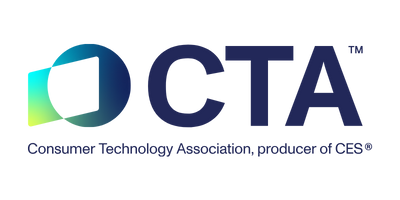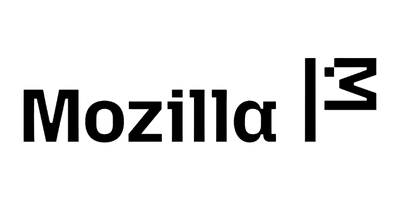Protecting the Internet in Gonzalez v. Google
Back To Work
Overview
As the first Supreme Court case to ever consider the scope of the Communications Decency Act, also known as Section 230, the landmark Gonzalez v. Google case considered whether 230 should continue to generally protect websites from legal liability for content provided by their users, something already under bi-partisan attack by Congress. However, Section 230 protects against strong incentives for platforms to limit what we can say and do online and promotes free speech across the internet. And without it, the internet as we know it would drastically change.
{{work-stat}}

Challenge
In 2023, for the first time, the Supreme Court heard a pair of cases concerning the scope of Section 230 as enacted by the Communications Decency Act of 1996, colloquially known as Section 230. In recent years, Section 230 has increasingly become a politically divisive issue, coming to a head at this moment. While these cases were borne from terrible situations, we needed to educate lawmakers, justices and clerks about how Section 230 operates in practice and what broadly sweeping decisions could mean for the internet as we know it.
Approach
We needed a nimble and diverse group who could activate quickly to educate policymakers and the media on the important role Section 230 plays and how the Supreme Court and Congress can better understand its immeasurable impact. Glen Echo conducted a landscape analysis of all the groups in this space, including industry, third parties, civil society and academics from both sides of the aisle. We settled on a small but powerful group of influential names. We all worked together, quickly, to build a simple microsite to house the resources our third-party groups needed in their education efforts.
Outcome
In the few weeks leading up to the decision, we worked with this group of powerful and influential voices to publish op-eds and blog posts and brief key policymakers and members of the press. We organized four press briefings, multiple reporter coffees and a Hill briefing about the case and other relevant legislation. We saw attendance from key Congressional offices as well as favorable coverage in AXIOS, Fast Company, The Hill, CNBC and CNN.
In May 2023, the Supreme Court ruled on behalf of Google and Twitter and sidestepped the question of Section 230. Subsequently, the simple microsite ultimately morphed into a powerful advocacy dashboard that has allowed these groups to continue their defense of free speech online.


13+
Media hits
15+
Third party
voices
engaged
Like Good Company?
Work With Us



























